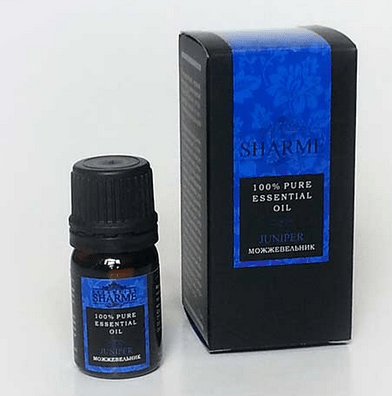
JUNIPER BERRY
100% pure juniper berry essential oil
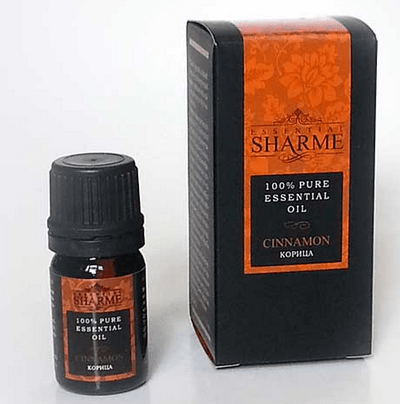
CINNAMON
100% pure cinnamon leaves essential oil
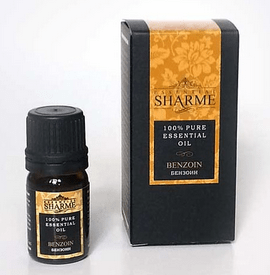
BENZOIN
100% pure benzoin essential oil
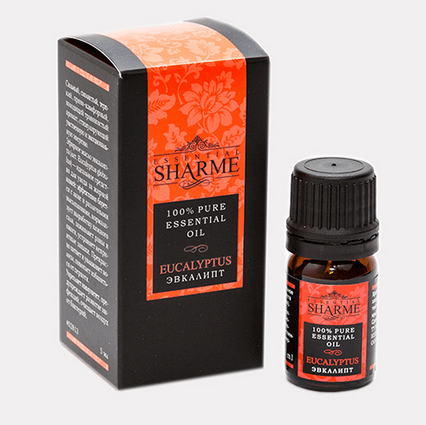
EUCALYPTUS
100% pure eucalyptus essential oil
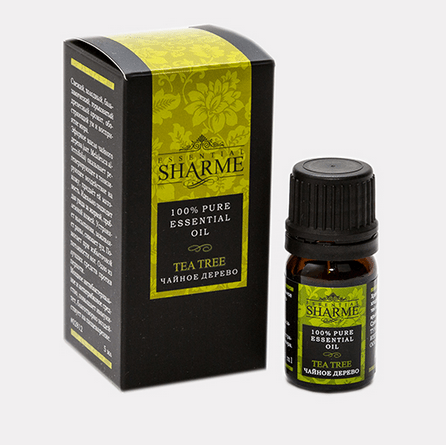
TEA TREE
100% pure tea tree essential oil
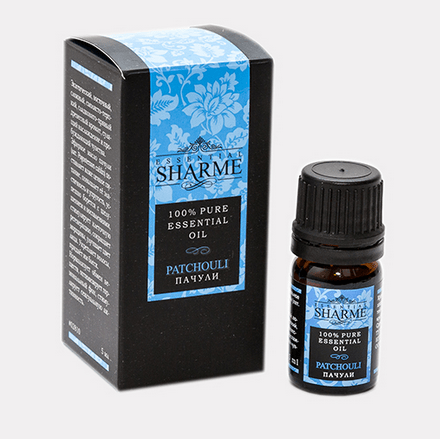
PATCHOULI
100% pure patchouli essential oil
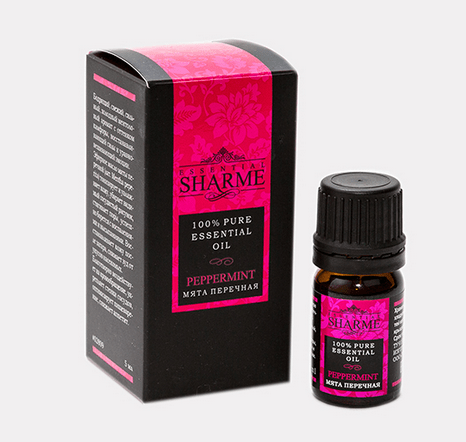
PEPPERMINT
100% pure peppermint essential oil
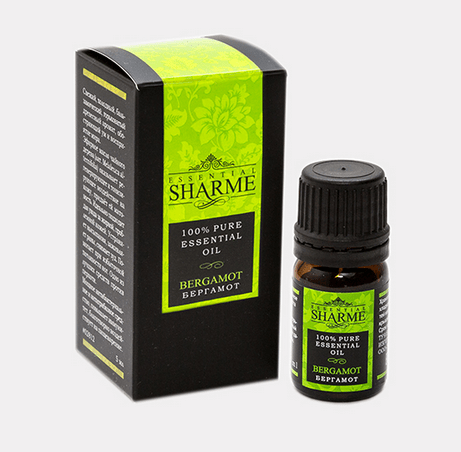
BERGAMOT
100% pure bergamot essential oil
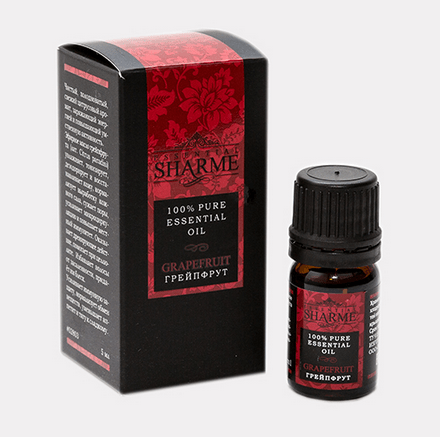
GRAPEFRUIT
100% pure grapefruit essential oil
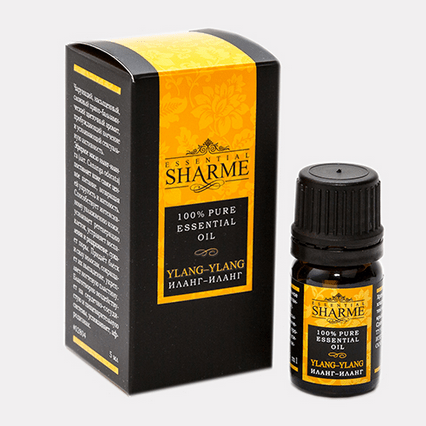
YLANG YLANG
100% pure ylang ylang essential oil
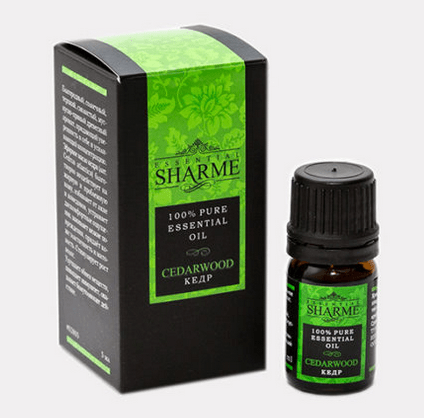
CEDARWOOD
100% pure cedarwood essential oil
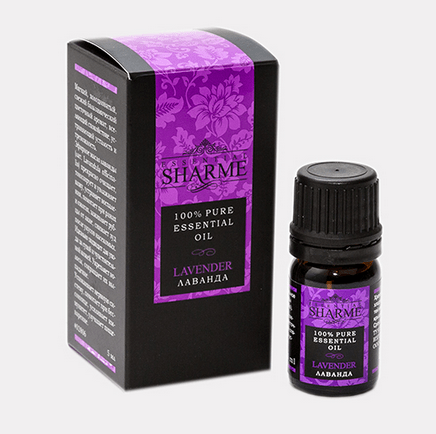
LAVENDER
100% pure lavender essential oil
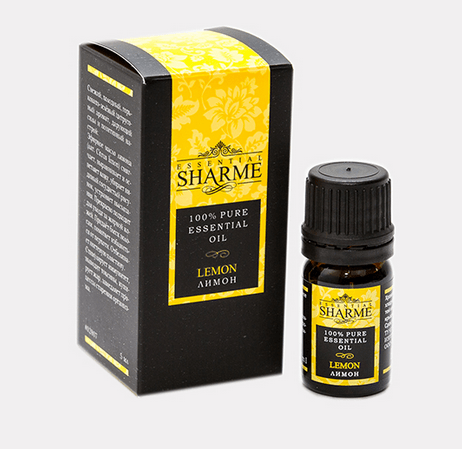
LEMON
100% pure lemon essential oil
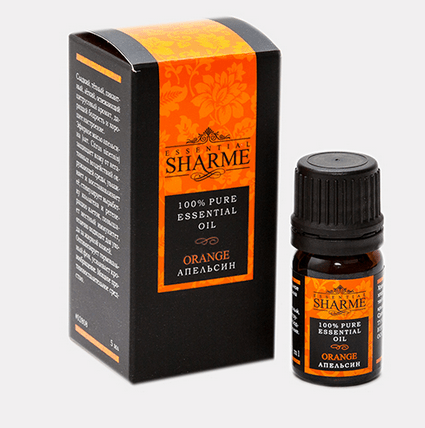
ORANGE
100% pure orange essential oil
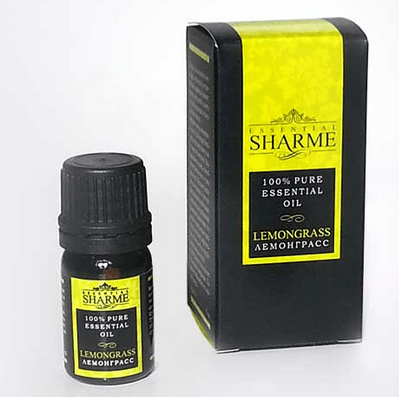
LEMONGRASS
100% pure lemongrass essential oil
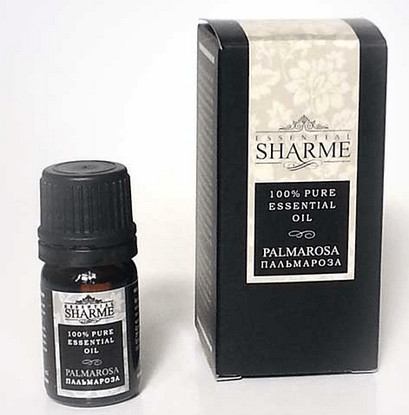
PALMAROSA
100% pure palmarose essential oil
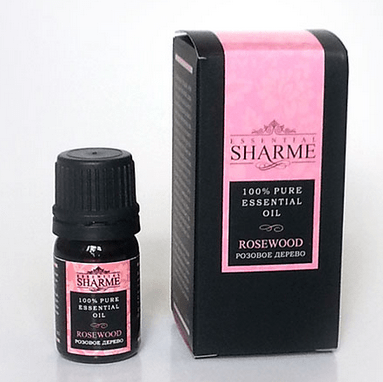
ROSEWOOD
100% pure rosewood essential oil
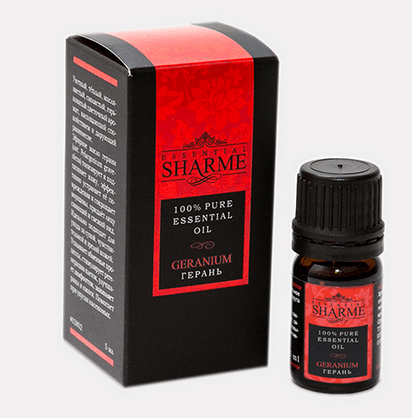
GERANIUM
100% pure geranium essential oil
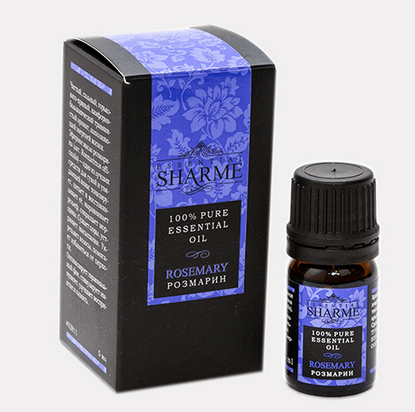
ROSEMARY
100% pure rosemary essential oil

ALL ESSENTIALS
Click to view the full assortment with novelties

GET 20% DISCONT
Want to save money on shopping?
Are you planning a big order?
Would you like to register your friends?
Then you definitely need an Partner registration!
Registration is free
WhatsApp Viber Telegram
Essential oils SHARME ESSENTIAL Greenway Global Europe Products Catalog Price
Essential oils are a versatile product with a wide range of uses. They are used in medicine, food and pharmaceutical industry, cosmetology and other fields.
Thanks to their diverse properties, beneficial effects on the human body, essential oils are an instrument of aromatherapy. A combination of aromatherapy methods (aromatic massage, compresses, baths, inhalations) can be the main method of treatment or an addition to the traditional one.
In cooking, aromatic oils are also actively used. The regular addition of essential oils to food allows you to influence the human body from the inside: stimulate digestion, strengthen immunity, remove excess fluid, improve the condition of internal organs and the functioning of body systems. But only oil with a special label GRAS - generally recognized as safe can be added to food.
USEFUL PROPERTIES AND TYPES OF ESSENTIAL OILS
Essential oils affect the human body in different ways. Some of them calm or, conversely, excite the nervous system, others have antimicrobial and antiseptic properties, others are antispasmodics, and others have the ability to regenerate cells.
Stimulant oils have a tonic effect and strengthen the nervous system. They are best used in the morning. To increase efficiency, improve attention, short-term memory, lavender, lemon wormwood, sage, carnation, jasmine, fir, lemon, pine, spruce, cedar are used.
To cheer up and cheer up - oil of lemon, orange, jasmine, Chinese magnolia vine, cypress, geranium, bergamot, cinnamon, lemon balm.
For the treatment of chronic fatigue syndrome, all citrus fruits (orange, bergamot, etc.), verbena, myrrh, lemon balm, juniper, mint, sage, thyme are used.
For hypotension patients, oils of lemon balm, ylang-ylang, marjoram, and lavender will be useful for normalizing pressure. They have a mild stimulating effect.
With overwork and stressful conditions, you can inhale the aromas of oils of frankincense, sandalwood, lavender. Oils of dill, geranium, jasmine, chamomile, lemon balm, vanilla, etc. have a calming effect. They not only help relieve stress, but also have a positive effect on the cardiovascular system, improve sleep and increase efficiency.
All essential oils are antiseptics, but in some this property is more pronounced. Oils of lemon, spruce, pine, cedar, tea tree, cinnamon, fennel, sage, mint, garlic, eucalyptus, juniper, cloves, lemongrass have a strong antiseptic and antimicrobial effect. The vapors of these essential oils are effective against pathogenic microflora, are able to disinfect both the air and the respiratory tract, destroying fungi, bacteria, viruses and preventing the development of the disease. Compositions with essential oils of eucalyptus, fir, lemon, mint are effective for colds, runny nose, bronchitis.
The best acne treatment is tea tree oil. It is able to cope even with strains of bacteria resistant to antibiotics. Clove oil also has a powerful anti-inflammatory effect and is used to treat oily skin prone to cysts and boils.
Oils-immunomodulators increase the body's resistance to colds, restore the normal level of antibodies (anise, basil, lemon, lavender, thyme, geranium oil, etc.).
Essential oils are widely used to relieve pain of various localization. Basil, thyme, marjoram oils have an analgesic effect. Peppermint and rosemary oils have a stimulating effect. They are rubbed with headaches, inflammation of muscles and joints, to improve blood circulation. Lavender oil also relieves headaches, menstrual and postoperative pain, but its effects are milder. Even with the inhalation of lavender, one can feel a reduction in pain.
Antispasmodic oils relieve pain associated with muscle spasms. With spasms of smooth muscles that disrupt the functioning of various organs, oils of bergamot, chamomile, fennel, juniper, lavender, marjoram and rosemary are used. But a light massage or rubbing with oil of black pepper, marjoram, rosemary and lavender will help improve blood circulation and relieve cramps in the transverse muscles of the skeleton.
Essential oils are a valuable support in the treatment of skin lesions and inflammation, allergic manifestations. Among the most popular wound healing oils are lavender, tea tree, myrrh, black cumin, laurel, cocoa, Roman chamomile, rose, shea butter, evening primrose and eucalyptus.
Thus, the health benefits of essential oils are undeniable. However, due to the high biological activity, it is necessary to use essential oils strictly according to the instructions and eliminating individual intolerance.
